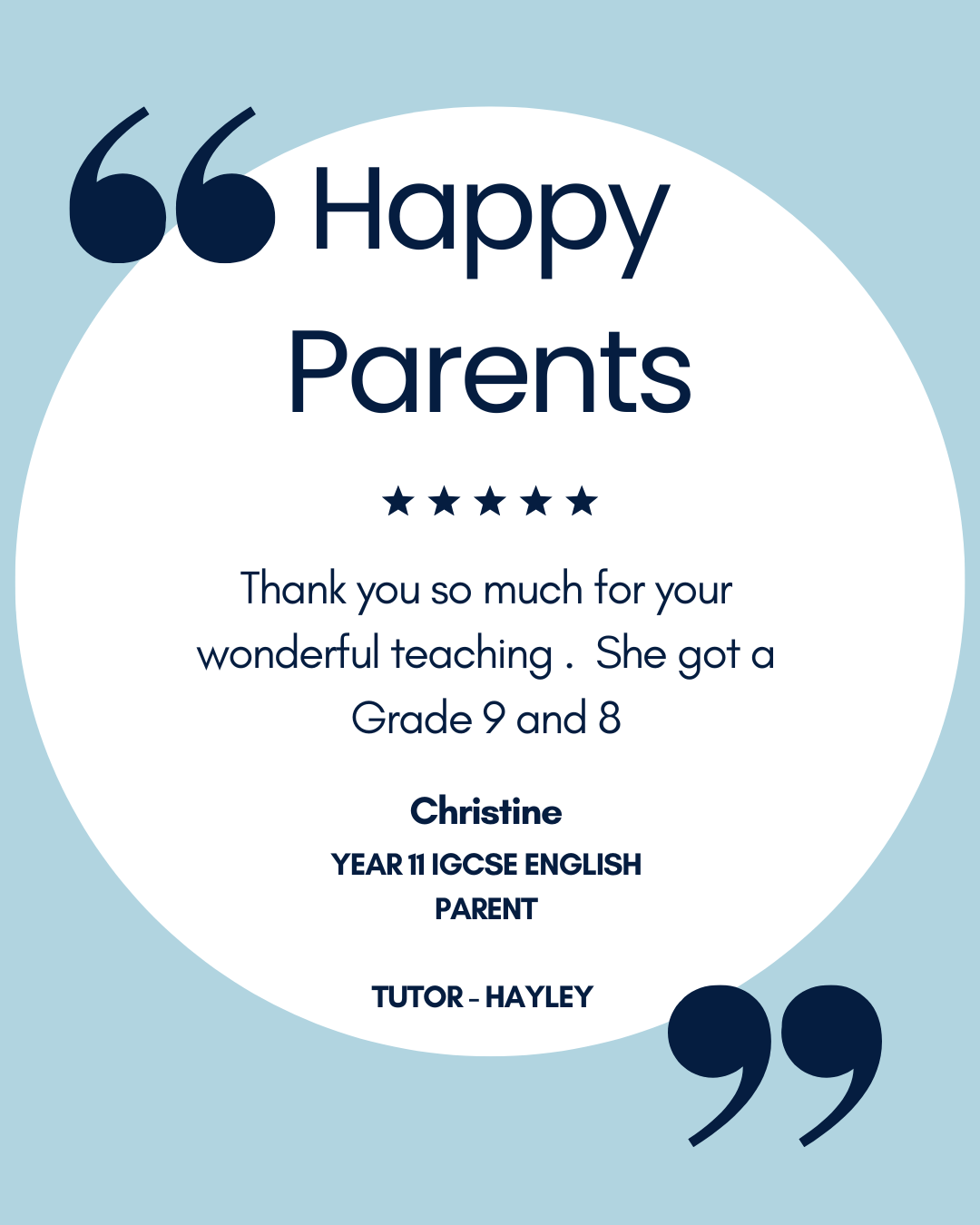Monday 29th September: Preparing Your Child for the 13+ Entrance Exam: Interview Success Tips

The 13+ entrance exam process can feel daunting — not just for students but for parents too. While academic performance is, of course, important, many schools also use interviews to get to know students as individuals. These interviews give your child a chance to showcase their personality, interests, and potential beyond the test papers. But how can you help your child prepare without making them sound rehearsed or robotic? Here’s what you need to know.
Types of Questions Asked in 13+ Interviews
While every school will have its own style, there are some common question themes you can expect:1. Personal & Reflective Questions
These help the interviewer get to know your child as a person:
- How would you describe yourself in three words?
- What are you most proud of?
- What’s something you find difficult, and how do you handle it?
- What would your perfect day look like?
- Tell me about a time you made a difficult or unpopular decision but knew it was right.
- Where do you see yourself in 10 years?
- What qualities do you admire in others?
2. Academic & Subject-Based Questions
Designed to highlight intellectual curiosity:
- What’s your favourite subject and why?
- Tell me about a book or author you’ve enjoyed recently.
- Have you ever used something you learned in school in real life?
- Where would you like your favourite subject to take you in the future?
3. Current Affairs & Critical Thinking
Interviewers often want to see independent thought and awareness:
- What’s the most interesting news story right now?
- Do you think animals have rights?
- What do you think is the biggest challenge facing the world today?
4. Creative or Hypothetical Questions
These test imagination and problem-solving:
- If you were Prime Minister for a day, what would you do first?
- What would you do if you won the lottery?
- If you could have any superpower, what would it be — and why?
5. Problem-Solving Questions
Some schools might include short puzzles, for example:
“I bought a packet of fruit gums and ate two during my Music lesson. At break, I gave away one-third of the remaining sweets to friends. I then ate the rest equally over the next four lessons. What’s the smallest number of fruit gums that could have been in the packet?”
Questions like these check for logical thinking and calmness under pressure.
How to Answer 13+ Interview Questions Effectively
It’s not just what your child says, but how they say it. Encourage them to:
- Be honest and authentic: Interviewers can spot memorised answers a mile away. A genuine response always stands out.
- Avoid one-word answers: Use the P.E.E approach — Point, Explanation, Evidence. For example:
Do you play any sports?
“Yes, I love lots of sports, but rugby is my favourite. I’ve played since I was six, I’m on my school’s A team, and I also play at weekends with friends.” - Give balanced answers: There’s rarely one “correct” opinion for open-ended questions. Encourage them to explore both sides: “On the one hand… but on the other…”
- Practise without over-rehearsing: Sample questions build confidence and fluency, but answers should never sound scripted.
Final Thoughts
Preparing for the 13+ interview is about more than memorising facts — it’s about helping your child feel confident, articulate, and ready to show their personality. With practice, encouragement, and a few strategies like P.E.E, students can walk into the interview room feeling prepared and leave having made a strong impression.